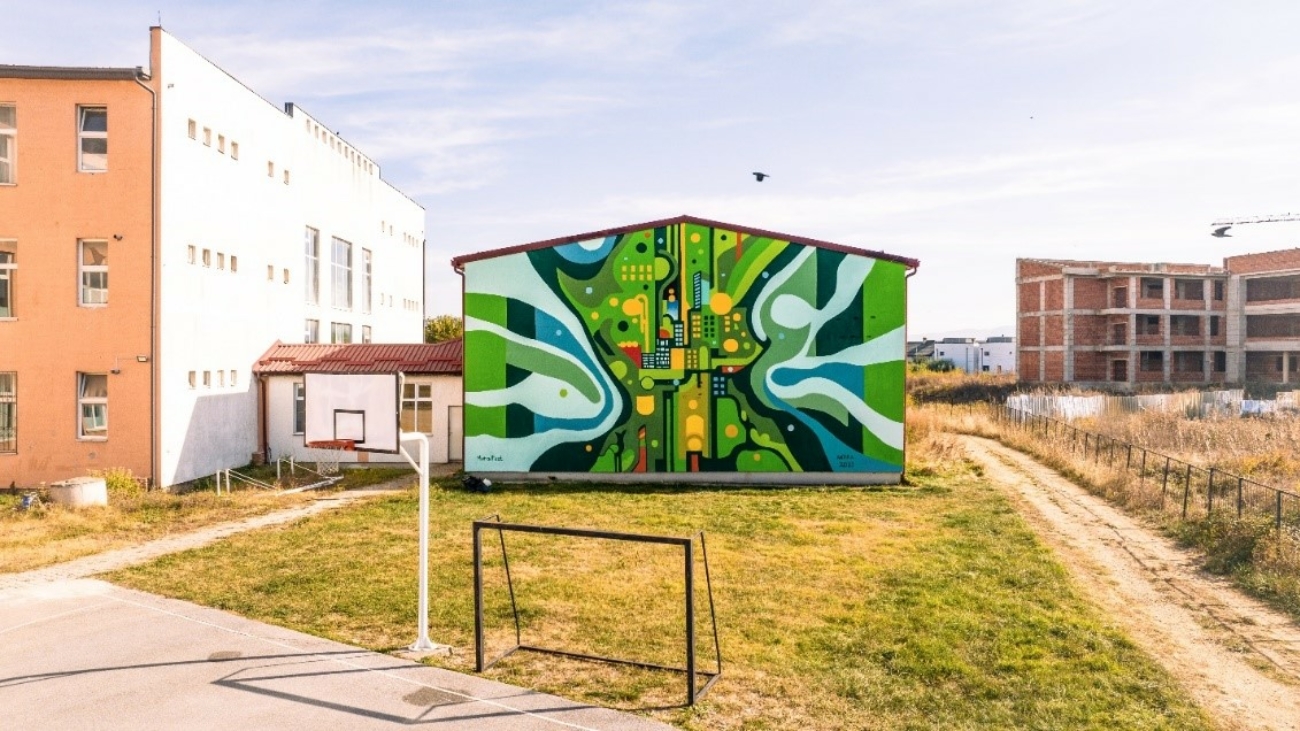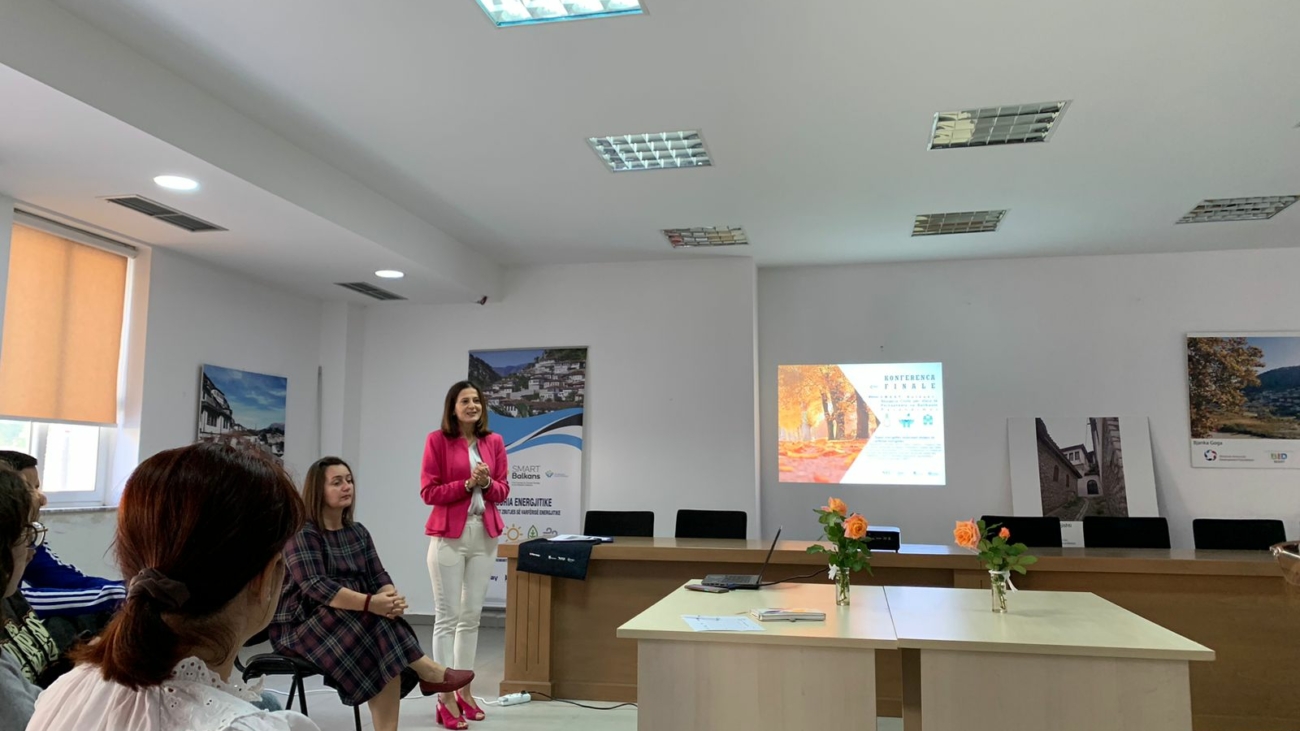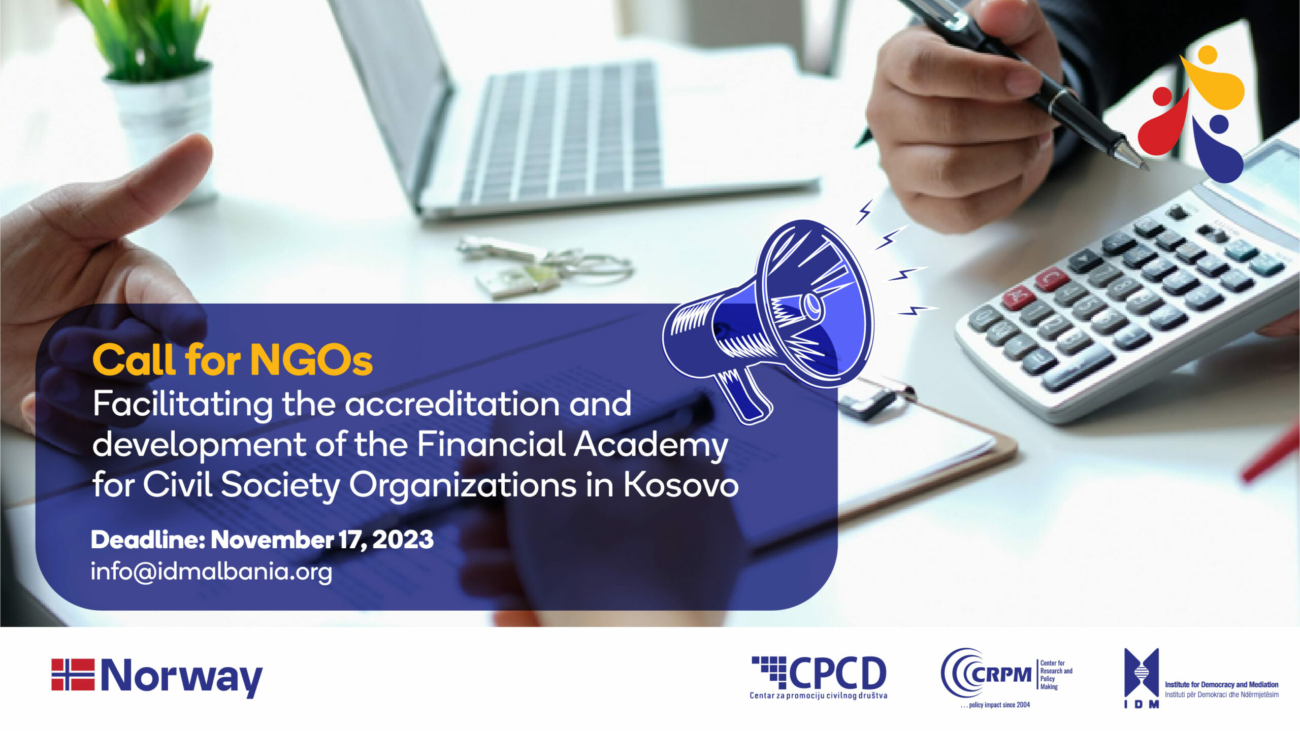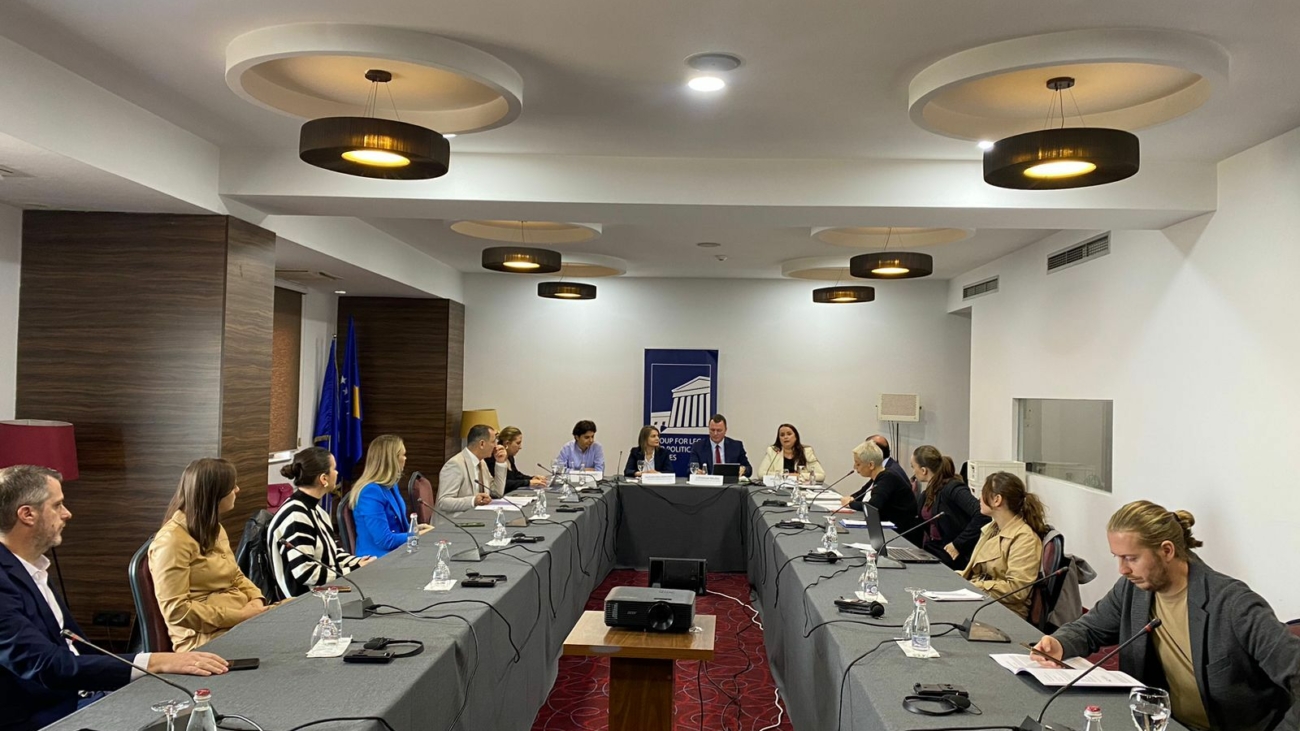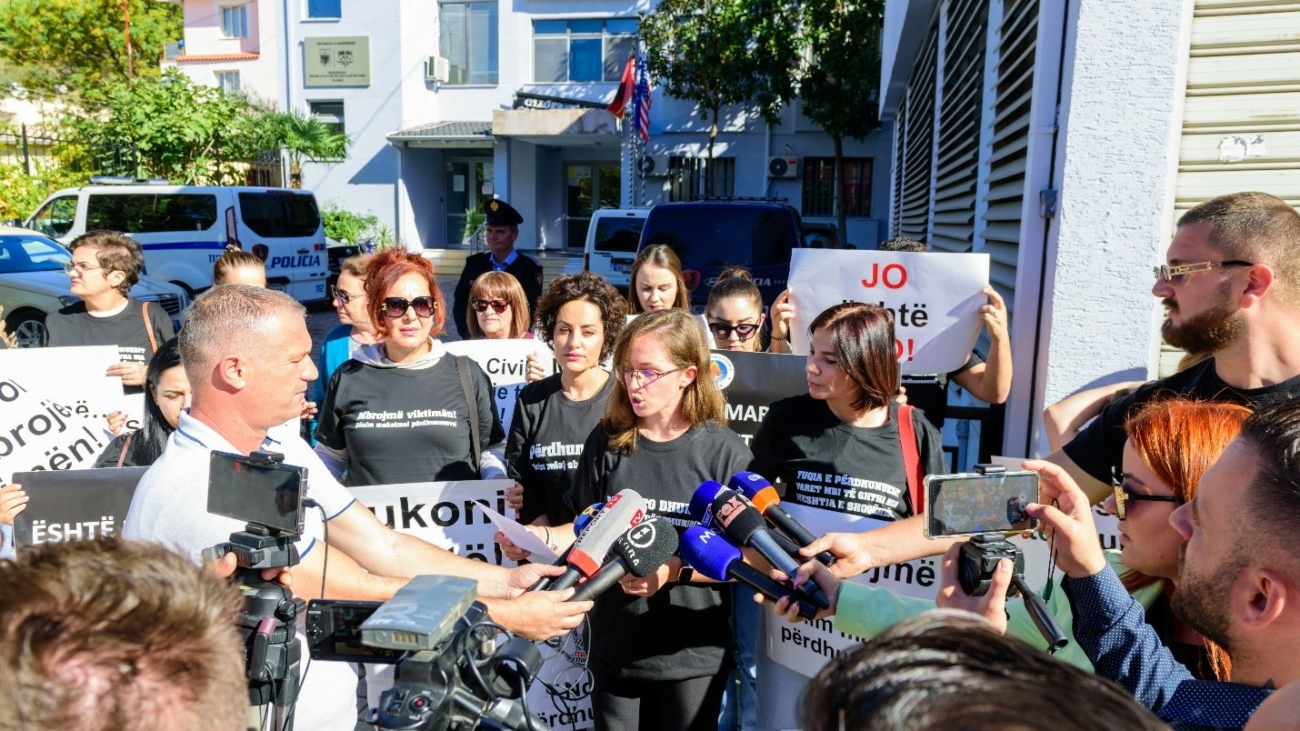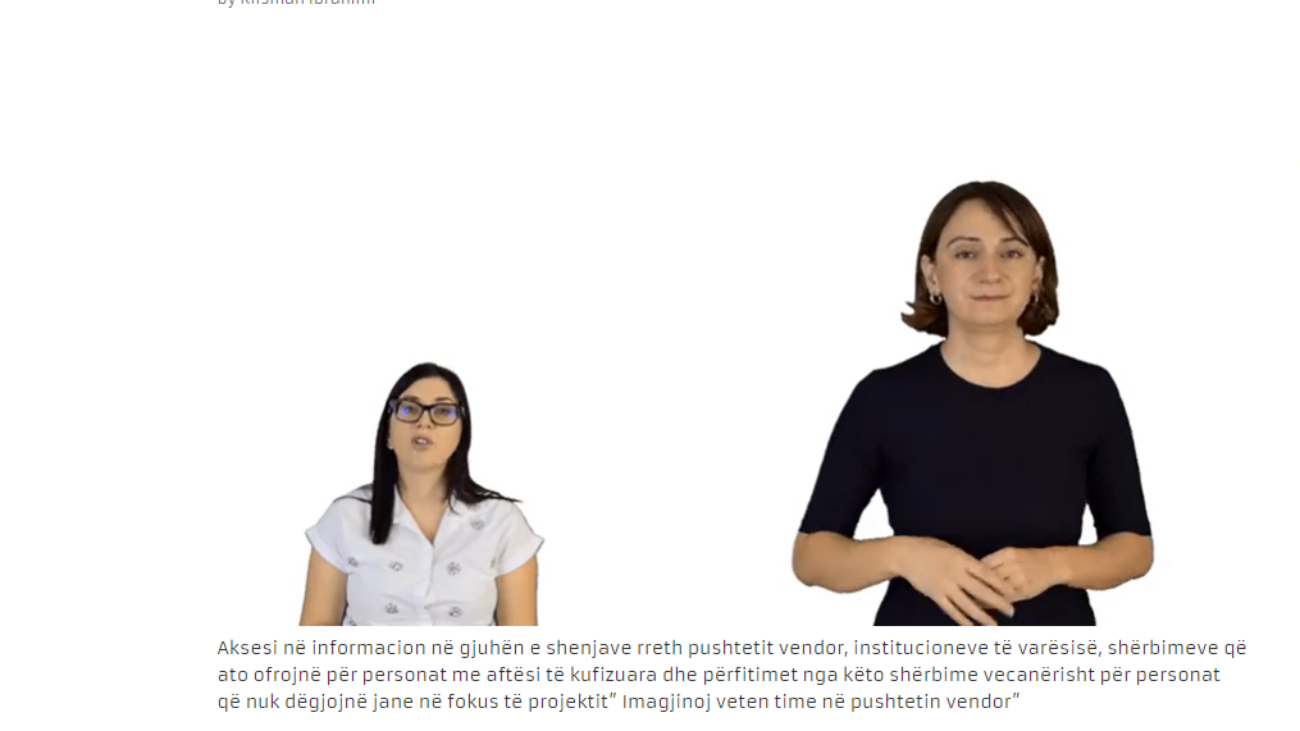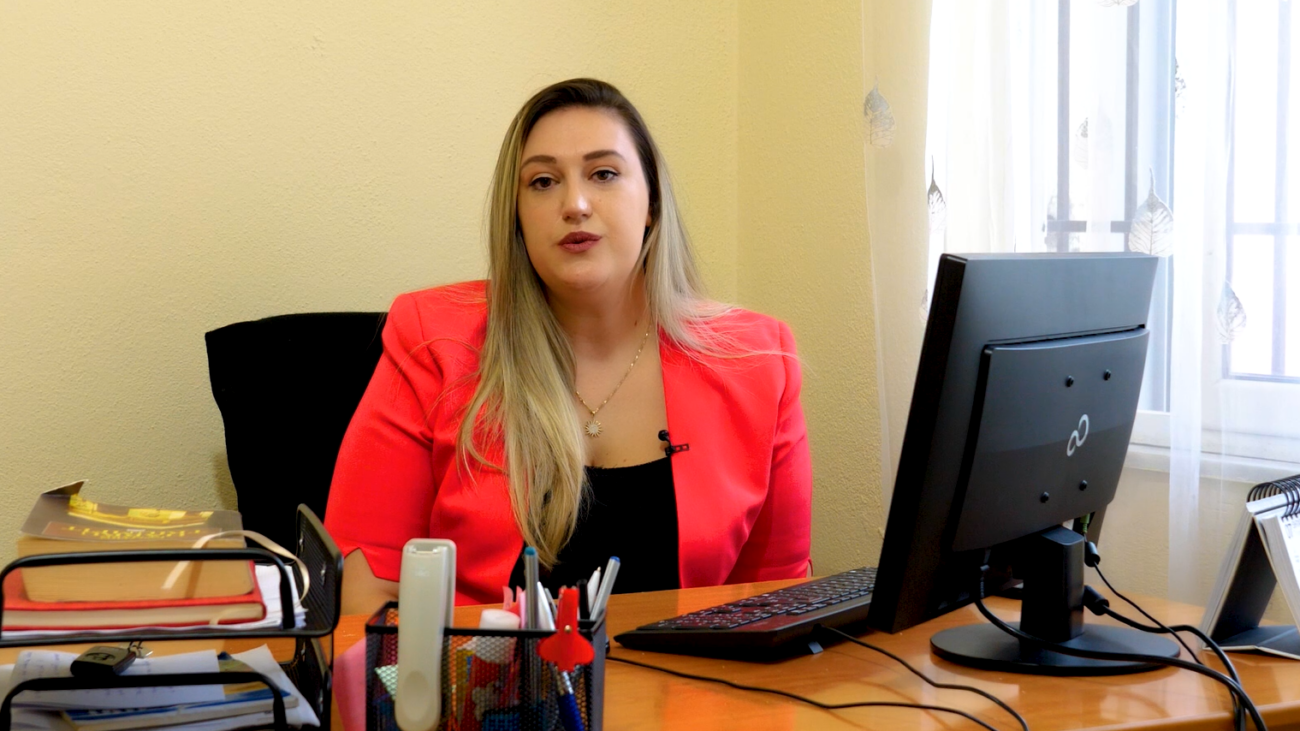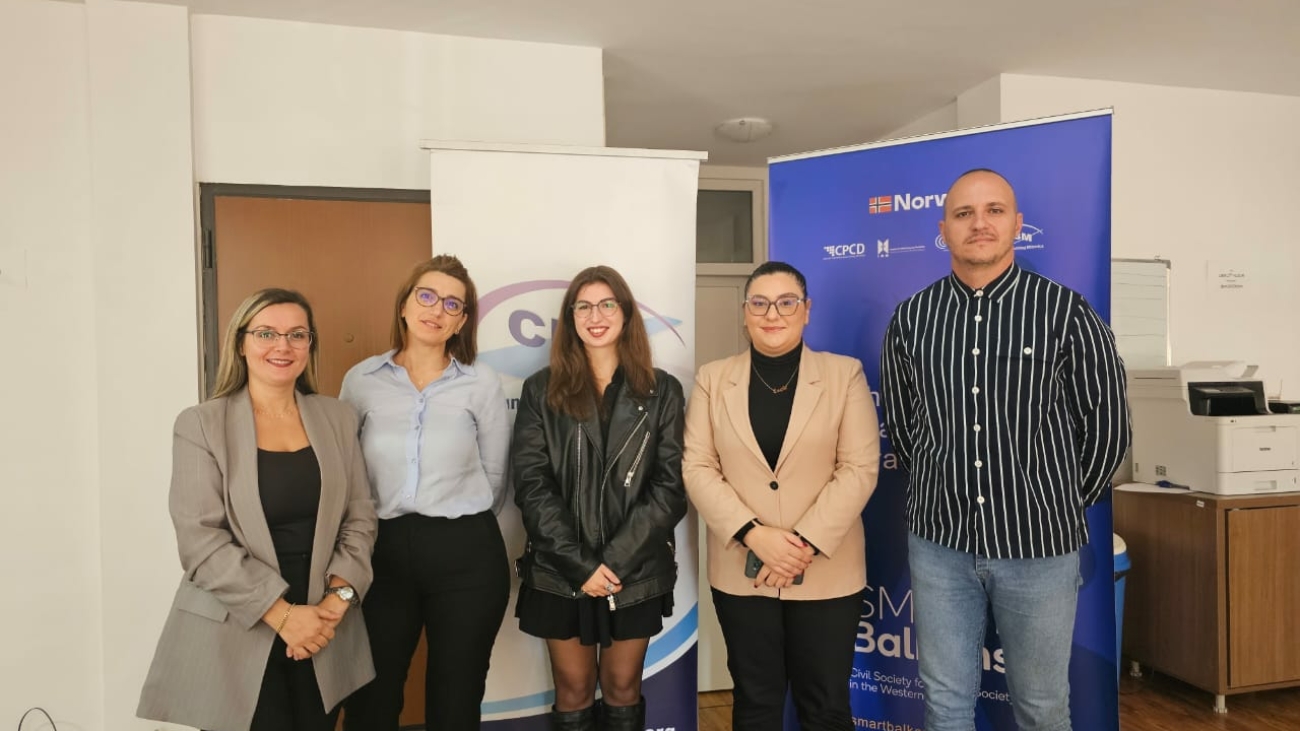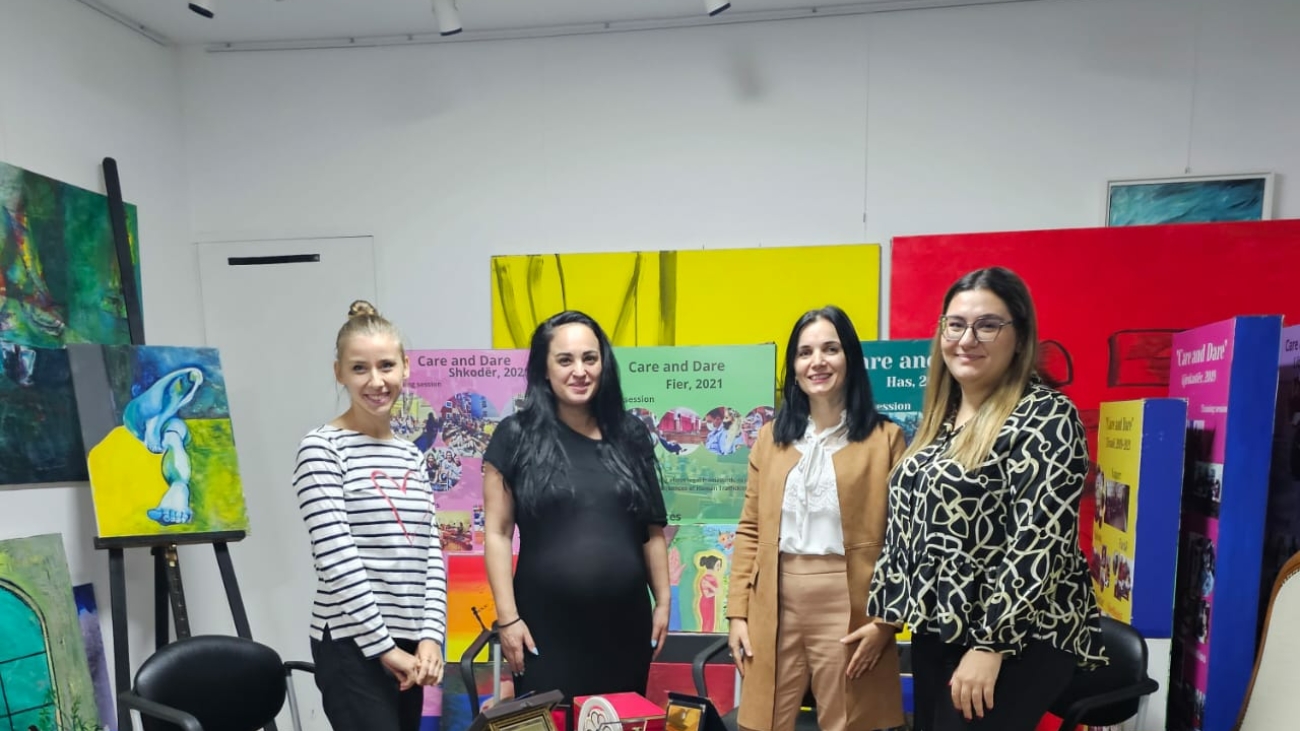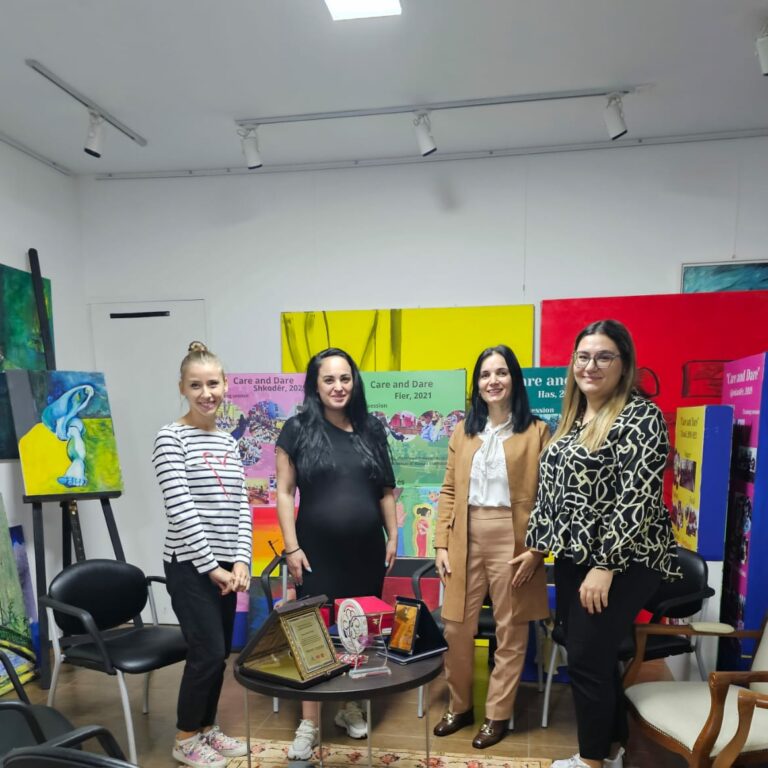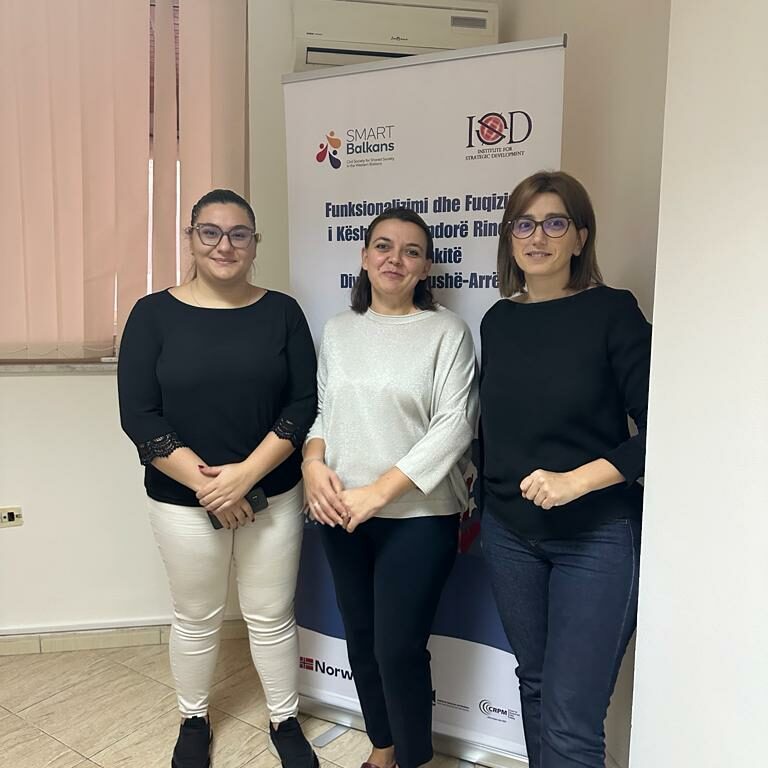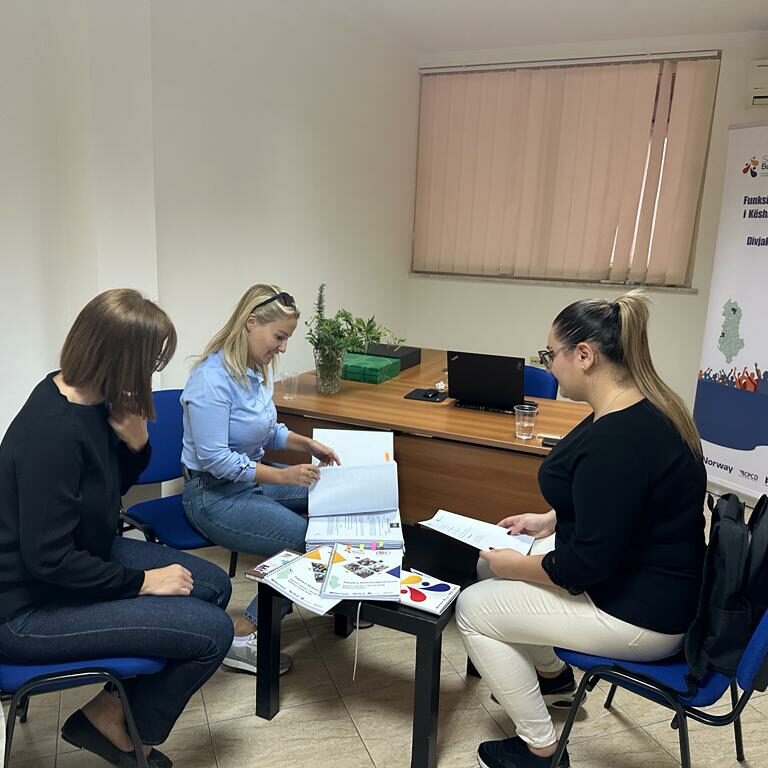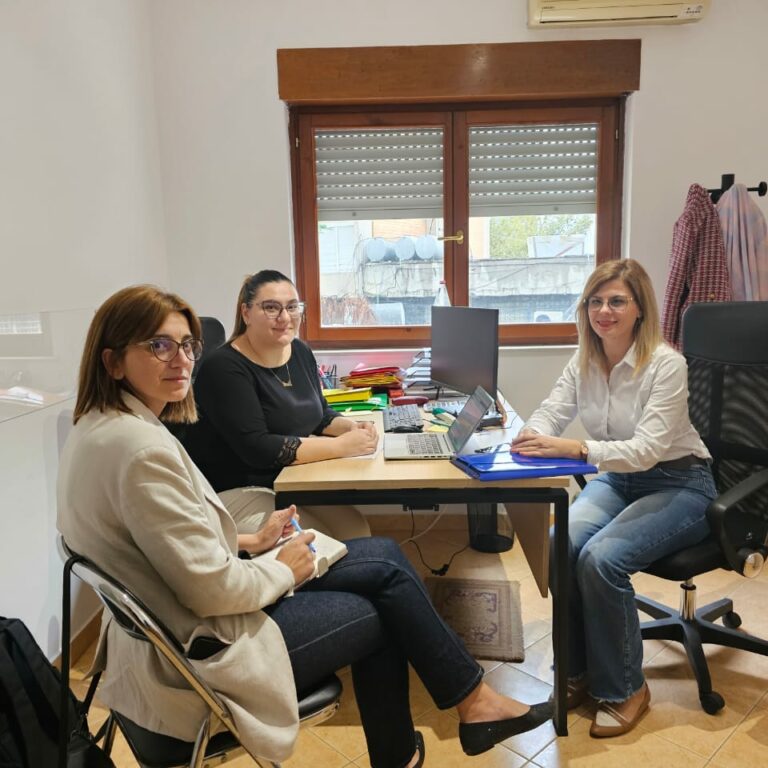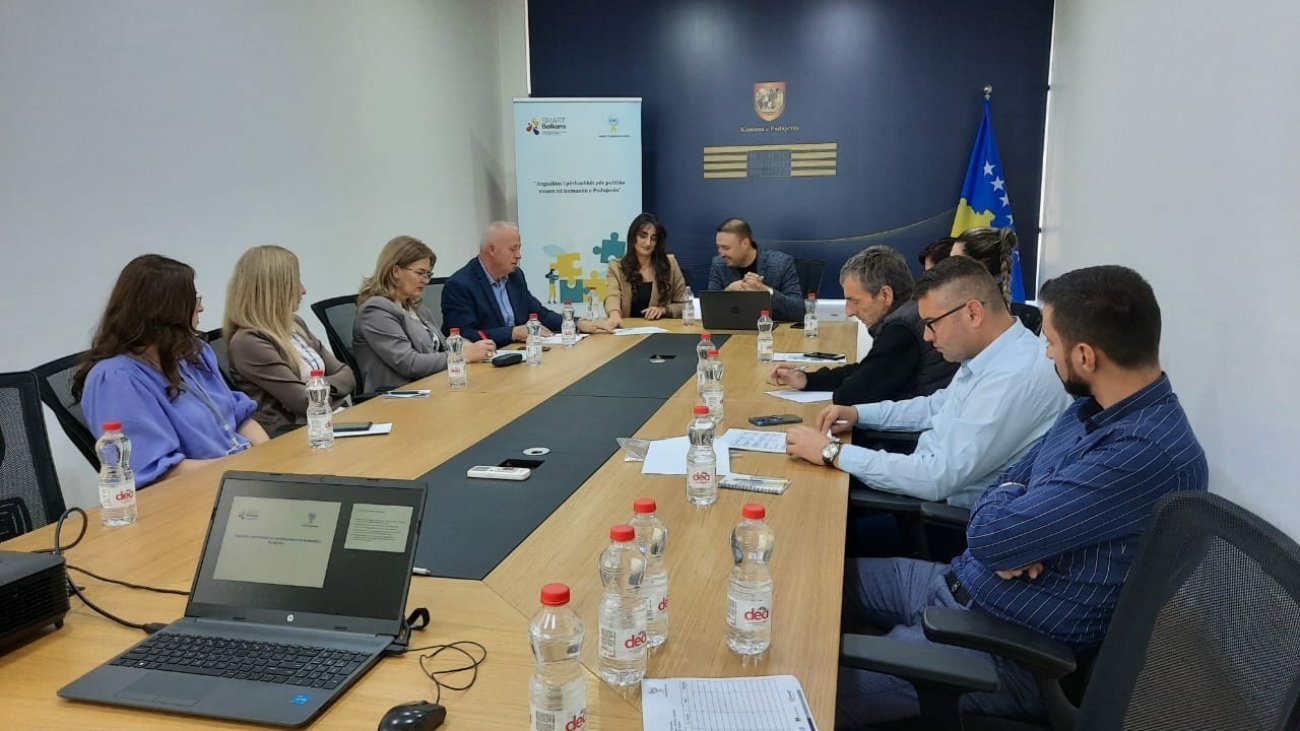The project “Fragments of Utopia” embodied the main topic of Mural Fest Kosovo 2023. It went hand in hand with the atmosphere and other activities celebrating the 150th anniversary of Ferizaj. It all started with a white banner sheet that blended the dreams and needs of the citizens in one question: “What is your ideal city like?”
Firstly, it just drew a lot of attention and quick glances. Step by step, people at all ages started describing their ideal city. Over 60% of the writings, highlighted the lack of public spaces and the great need for the city to breathe and for citizens to have clean and green areas to spend time with their children.
Antika Veseli, the author of the mural, started her journey as a volunteer passionate about art. Once an assistant to international artists, today Antika is a young artist, with passion and vision to give more colors to her city.
“An ideal city, a utopian city, symbolizes dreams and ideas that do not stop, despite everything that is going on in the world. Regardless of how things turn out, we always end up at the relation between the human being and nature as an inescapable and undeniable source outside of everything. My vision for the ideal city unfolds with an illustration of what I feel and think. Buildings bring attention to human creativity, while humans to nature itself, bringing the two together in the same way time does. An atmosphere covered with green and a soft blue color that embraces it, bears witness to the traces of nature and life itself” – said Antika.
The mural was created on the walls of one the schools in Ferizaj, where ironically before it was surrounded by greenery and now it is being swallowed up by tall buildings. This mural is there to remind the new generations that the same mentality should not continue as we need nature, sun and spaces for socialization. After all, the city should belong to the citizens!

